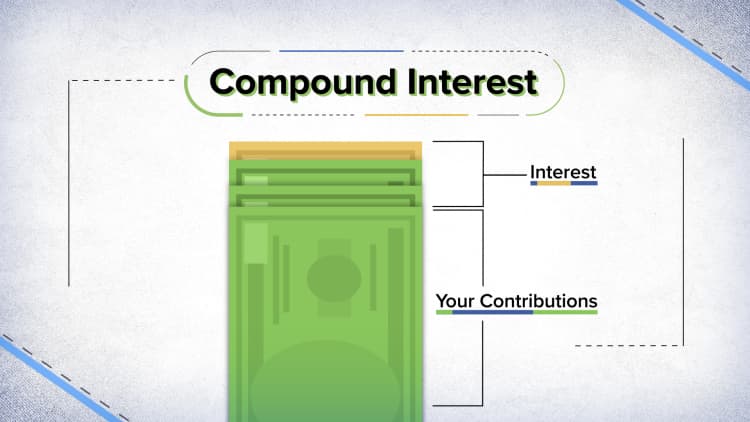Most people remember their first summer or after-school job, which provided cash to help pay for college or a car.
Today, vehicles and higher education — among other expenses — cost significantly more. Yet fewer teenagers are working.
The share of teens participating in the labor force peaked 40 years ago and has declined ever since. In 1979, nearly 60% of American teenagers were employed, an all-time high. Today, just over one-third, or 35%, of teens between the ages of 16 and 19 are part of the workforce.
Teens are less likely to work part-time while in school and also less likely to work over the summer, according to a study by the Hamilton Project and Brookings Institution.
"High school has become more intense," said Lauren Bauer, a co-author of the study.
"We have increasing demands on what it is that high schoolers need to be doing and how much time that takes," she said, including "not only homework and course requirements but other graduation requirements like public service."
"There is less time in the day to hold down a job."
There is less time in the day to hold down a job.Lauren Bauerfellow in Economic Studies at the Brookings Institution
Meanwhile, the advent of summer programs has increased exponentially over the past decade, according to Eric Greenberg, president of Greenberg Educational Group, a New York-based consulting firm with clients throughout the U.S. "The perception out there is that the more things they do, the better."
In fact, the popular conception that kids are spending more time on leisure or screen time is just not the case, Bauer said. "Teenagers are working really hard."
In addition to the time constraints on kids, a reduced demand for low-wage work and increased competition from older workers, among other factors, have also contributed to the sharp drop in labor force participation, the Brookings study found.
Now, more teenagers are enrolled in school and more schools are in session year-round. "The flip side is that graduation rates are way up," Bauer said.
According to the study, teens juggling both work and school spend less time on school than those who are enrolled only, demonstrating the trade-off.
The research also shows that prioritizing education over early work experience can increase the prospects for good job outcomes later in life.

More from Personal Finance:
Here's how young people can overcome their fear and start investing
How to raise a whiz kid investor
Are you smarter than a 5th grader (when it comes to money)?
However, kids who don't work also forgo an opportunity to learn valuable lessons about finance when they are young, cautioned Shelly-Ann Eweka, a certified financial planner and wealth management director at financial services firm TIAA.
That's where parents can step in, Eweka said. "Give the child some responsibility in terms of making financial decisions," she said, including the compromises that those decisions often entail.
For example, "give them a budget for back-to-school shopping so they can decide between a fancy pair of sneakers or new clothes," Eweka said.
Further, talk openly about the cost of things, especially college, and open a savings account or Roth individual retirement account to demonstrate the magic of compound interest.
Studies shows that kids who learn to manage money when they're young will be able to better handle their finances as adults.
In fact, young adults who discussed money with their parents are even more likely to have a budget, more likely to have an emergency fund, more likely to put 10% or more of their income toward savings and more likely to have a retirement account, according to one parents, kids & money survey from T. Rowe Price.



